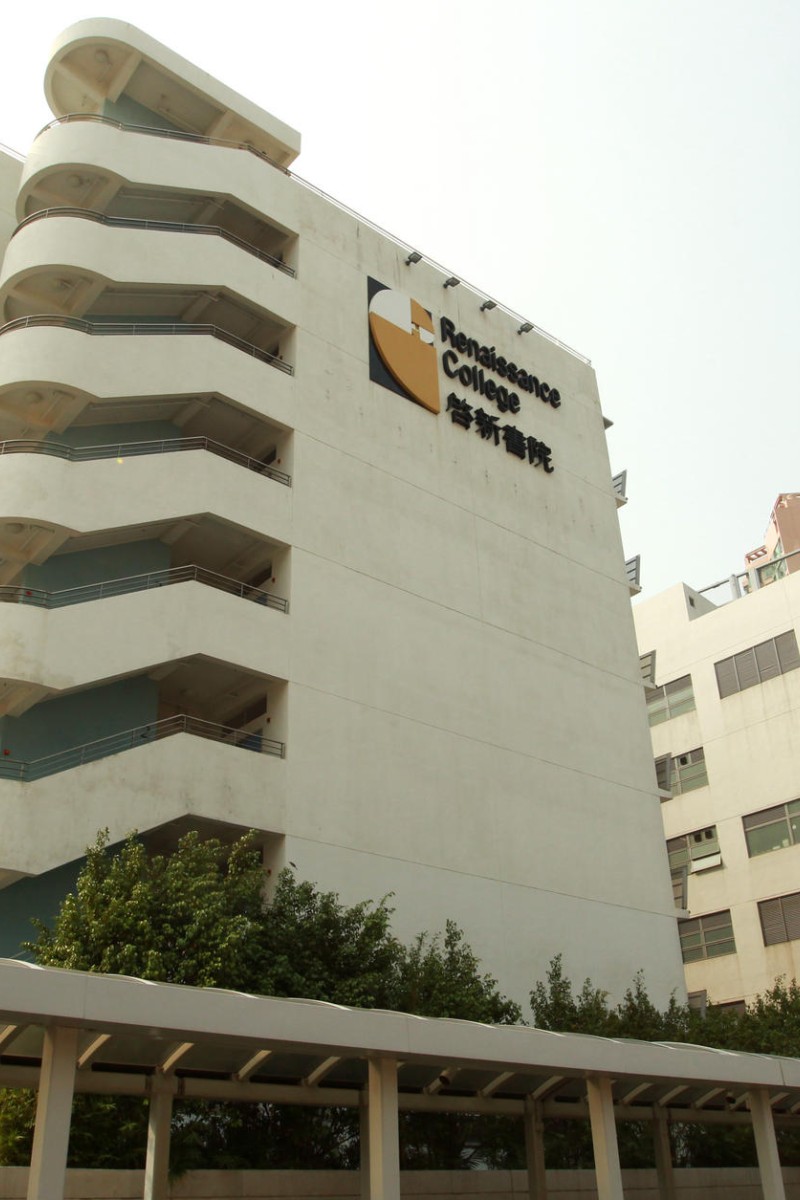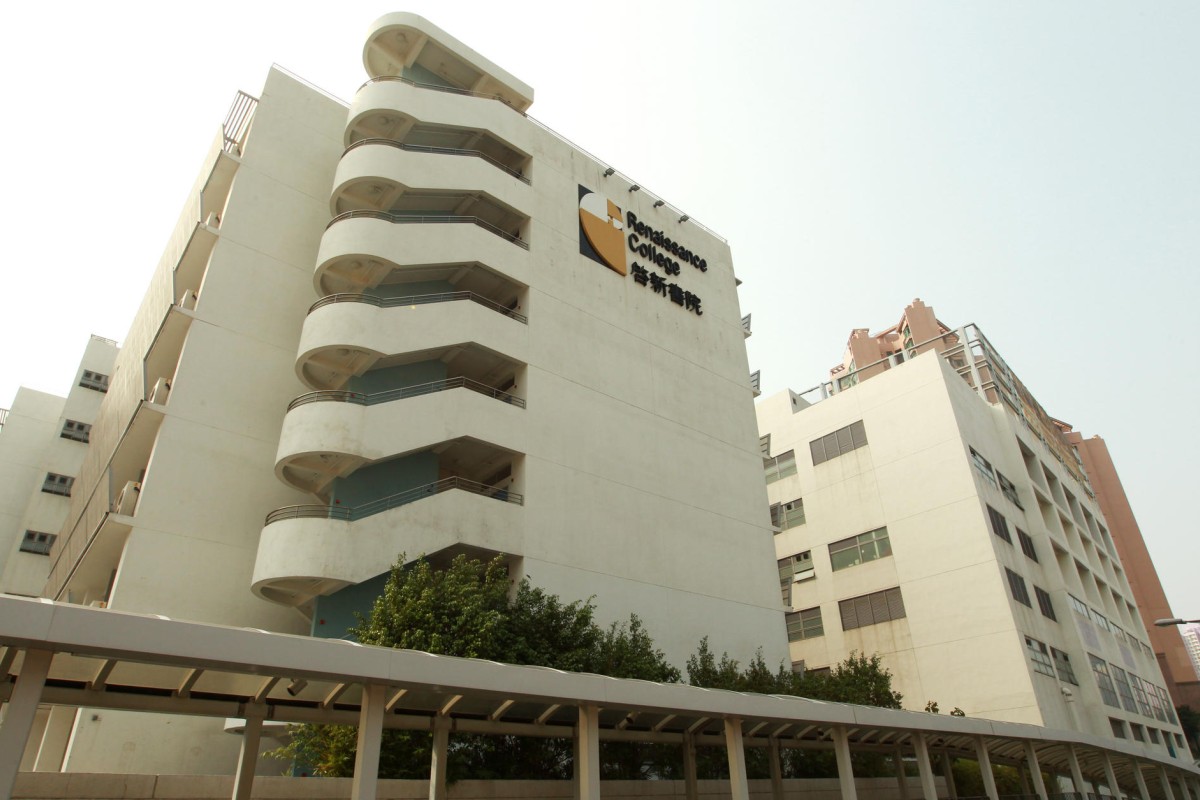
The number of local students attending international schools is on the rise, and it could cause a shortage of places
 More local students now attend international schools such as Renaissance College. Photo: May Tse
More local students now attend international schools such as Renaissance College. Photo: May TseInternational schools were solely meant to be for the children of expatriates working in Hong Kong. But the number of local students attending the city's international schools is increasing rapidly.
According to figures from the Education Bureau, 22.8 per cent of students at international secondary schools were local during the 2011/2012 school year. This is up from just 10.7 per cent in 2001/2002.
In some schools, local students now outweigh international students. The website of Sha Tin College - an ESF school - says that 68 per cent of its students are Chinese.
"As a local student at ESF's Sha Tin campus, I am used to the idea of international schools being [attended] by locals like myself," said Henry Lui, a Year 10 student.
"When I first entered the school, it was difficult to find people who were not Chinese. Although it means that the school is less diverse … I still connect with those of other nationalities."
Despite government plans to open three more international schools, the city may still be short of 4,200 international primary school places for the 2016/2017 school year.
Many blamed poor local education for driving students away. Kristen Sun, who studied at Diocesan Girls' Junior School, switched to an international school after finishing Year Five because her parents lacked confidence in the DSE system.
"What I have experienced in a local school is that you basically memorise everything. I feel like I am able to learn more in an international school than in a local school," said Kristen, who now studies at the Hong Kong International School.
Facing increasing demand for international school places, some suggest banning locals from applying, as is done in Singapore. But Henry disagrees with this approach.
"Banning local students might prevent them from connecting with people of other nationalities," he said. "If there are that many local parents willing to pay for international education, why should the government prevent them from getting what's best for their children?"
Staff writer